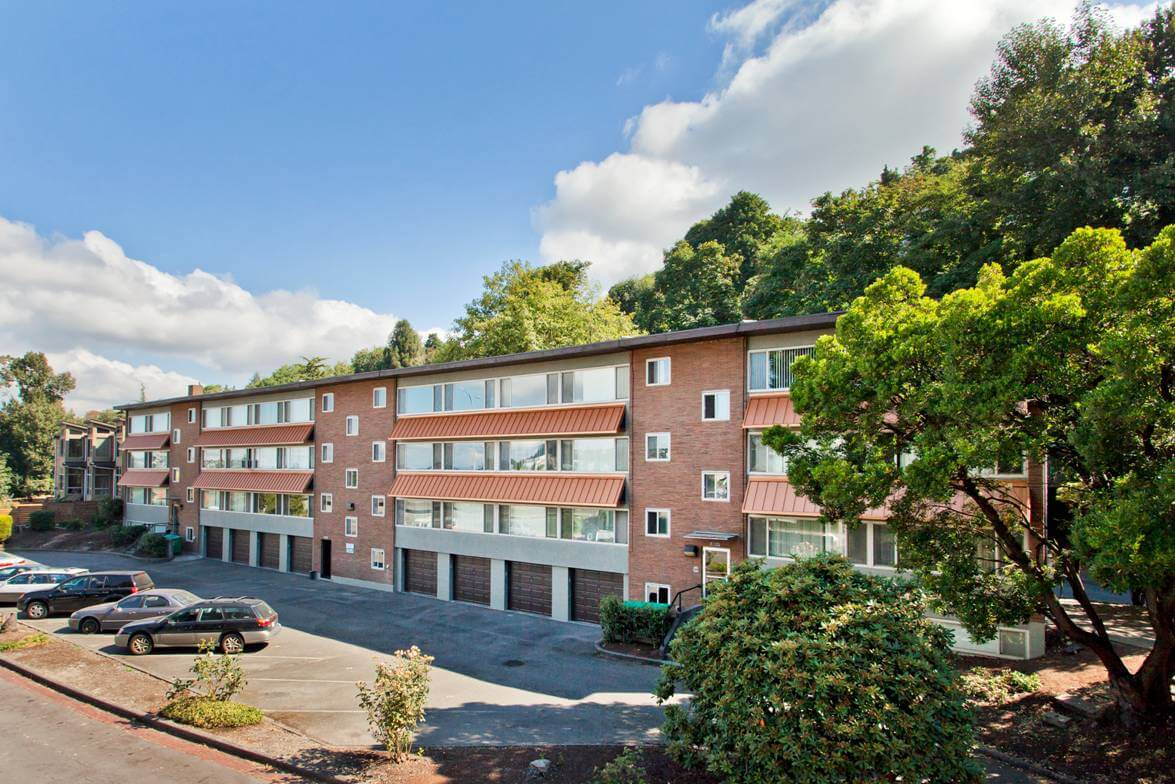Education
Landlords Sue City of Seattle Over Installament Security Deposits
 For the second time in recent months, Seattle landlords have filed suit against the City of Seattle this time over an ordinance that requires them to allow tenants to pay security deposits and other move-in fees in installment payments over time.
For the second time in recent months, Seattle landlords have filed suit against the City of Seattle this time over an ordinance that requires them to allow tenants to pay security deposits and other move-in fees in installment payments over time.
The Rental Housing Association of Washington (RHAWA), with more than 5,000 members, has filed suit in King County Superior Court to overturn Seattle’s ordinance regulating tenant move-in fees and requiring landlords to extend payment plans to tenants, according to a release.
Sean Flynn, board president of the RHAWA, said his organization set the standards for ethics and best practices in the industry, “Yet, this city council has never missed the chance to lambaste, demonize, and hold landlords responsible for problems they did not create,” according to published reports.
Enacted last December, the city ordinance places restrictions on the amounts of deposit and move-in fees landlords may charge, and restricts what those charges may be assessed for and how they may be applied.
The ordinance, passed unanimously under the sponsorship of city council members Kshama Sawant and Lisa Herbold, also caps the total amount of security deposits and nonrefundable fees landlords can charge at no more than one month’s rent. Nonrefundable fees can’t exceed 10 percent of one month’s rent unless the cost of the tenant’s screening report exceeds that amount.
Josh Whited, the lawyer representing the RHA, called the requirements “onerous,” according to thestranger.com. He argued the law violates the state ban on rent control, constitutes an illegal “taking” of private property, and violates landlords’ due process rights
“The ordinance challenged by RHAWA is based on the flawed concept that Seattle’s housing affordability problem can be solved by controlling rental fees and requiring landlords to allow tenant payment plans. However, these are not solutions to the high cost of housing in Seattle which has its roots in demolitions and development fostered by City Council codes and policies, not in any last month rent requirement,” the organization said in a release. These new controls are also not lawful.”
“The City, rather than taking direct municipal action to ensure affordable housing, has crossed a line established by both state statute and the state constitution,” RHAWA Legal Defense Fund Chair, Christopher Benis, said in a release.
“Specifically, the Ordinance violates the State’s preemption which bars municipalities from implementing forms of rent control (RCW 35.21.830), and from regulating “the amount of rent.” We also believe the Ordinance violates sections of the Washington State Constitution, including Article I, Section 16 (Takings); Article I, Section 3 (Substantive Due Process); and Article I, Section 5 (Freedom of Speech),” he said in the release.
Move-in fees financing ordinance forces landlords to raise rents
“Landlords must now raise rents in order to cover the cost of implementing this unnecessary ordinance, in this case forcing landlords to provide interest free loans to tenants and eliminating our ability to cover losses from damages and or unpaid rent during the first six months of tenancy,” according to the release.
“No other businesses in the city are required to provide subsidies to their customers or clients without compensation.
“Because our lawsuit raises significant constitutional issues as well as the question of whether Seattle is violating the Washington statute prohibiting controls on rent, it is likely to be ultimately decided in the Washington Supreme Court. Meanwhile, it will work its way through the lower courts, an intensive – and expensive – process that can take two years or more.















